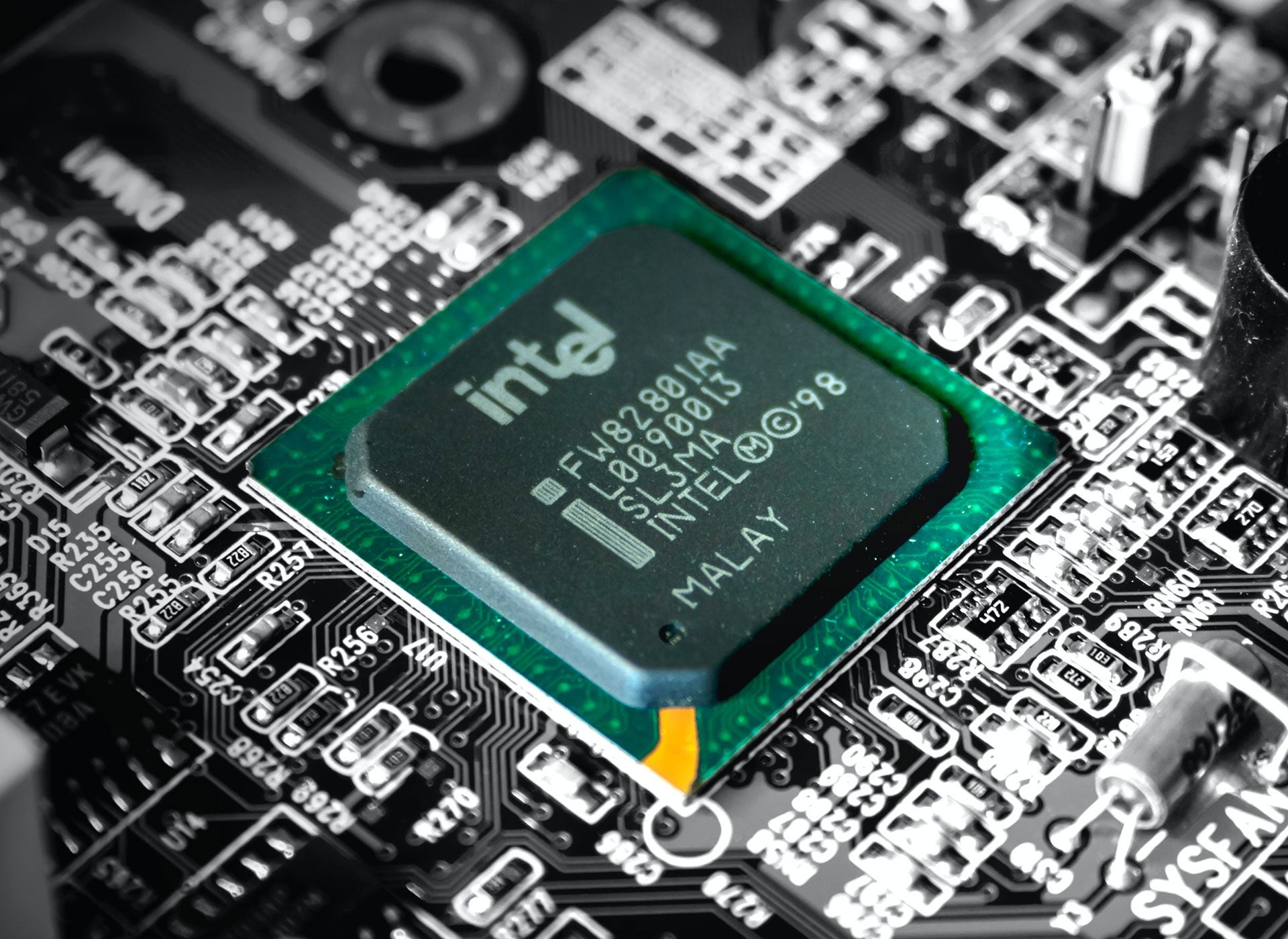
Intel has reported its Q2 results, with above-expectations revenue and earnings-per-share. However, investor confidence has been knocked by delays to its much anticipated 7-nanometre chips.
Speaking on the earnings call to investors of Thursday, Intel CEO Bob Swan spoke proudly of the company’s strong financial results in Q2, despite “a very challenging environment”. He said that the rise in network infrastructure, PC capabilities and cloud demand had driven the company’s revenue growth.
“Those trends contributed to a very strong quarter in which we generated $19.7bn in revenue, and delivered $1.23 in earnings-per-share,” he said.
“We exceeded our guidance by $1.2bn on the top-line and $0.13 on the bottom-line. Our data-centric businesses grew 34% and drove approximately 52% of the company’s revenue, and our PC-centric businesses grew 7%.”
This represented an overall 20% climb in revenue, however shares fell 9% in after-hours trading for one reason: Intel’s 7-nanometre chips.
Intel is currently working with 10-nanometre chips, which have face numerous delays of their own, but is developing smaller 7-nanometre versions, which will be used to create smaller CPUs that are vital to next-generation consumer devices.
How well do you really know your competitors?
Access the most comprehensive Company Profiles on the market, powered by GlobalData. Save hours of research. Gain competitive edge.

Thank you!
Your download email will arrive shortly
Not ready to buy yet? Download a free sample
We are confident about the unique quality of our Company Profiles. However, we want you to make the most beneficial decision for your business, so we offer a free sample that you can download by submitting the below form
By GlobalDataHowever, Swan warned investors that while the 10-nanometre problems were resolved, issues with the 7-nanometre development process had led to a 12-month delay on delivery time.
“We have identified a defect mode in our 7-nanometre process that resulted in yield degradation,” he said.
“We’ve root-caused the issue and believe there are no fundamental roadblocks, but we have also invested in contingency plans to hedge against further schedule uncertainty.”
Chip delays in Intel Q2 results could have damning impact
While this may seem like a relatively minor issue for a company that has dominated the chip market for decades, failure to deliver these smaller chips could be damning for Intel, which is why the Q2 results saw such a negative reaction from investors.
“The progress made in recent months as part of the 10-nanometre process ramp was dealt a blow by the announcement that its 7-nanometre node will also be delayed,” said Geoff Blaber, VP of research, Americas, at CCS Insight.
“This will see customer and investor confidence take a further knock. Intel has at least rectified the problems it suffered on 10-nanometre, giving itself precious time to address the issues but all eyes will be on its 7-nanometre report card in the months to come.”
A failure to deliver these chips within the required timeframe could see key customers looking elsewhere, with Apple dropping Intel chips in June in favour of those of its own design.
For Intel, then, while the Q2 results may be strong, there are severe challenges ahead.
“Intel delivered another strong quarterly performance as Covid-19 continued to provide a tail wind to its Data Center and Client Computing business units,” said Blaber.
“However, it’s clear from guidance the Covid demand boost will recede in the second half. This coupled with delay to its 7-nanometre process could make for a challenging few quarters ahead.”
Read more: Twitter results show 34% growth in users after “action-packed” few months



